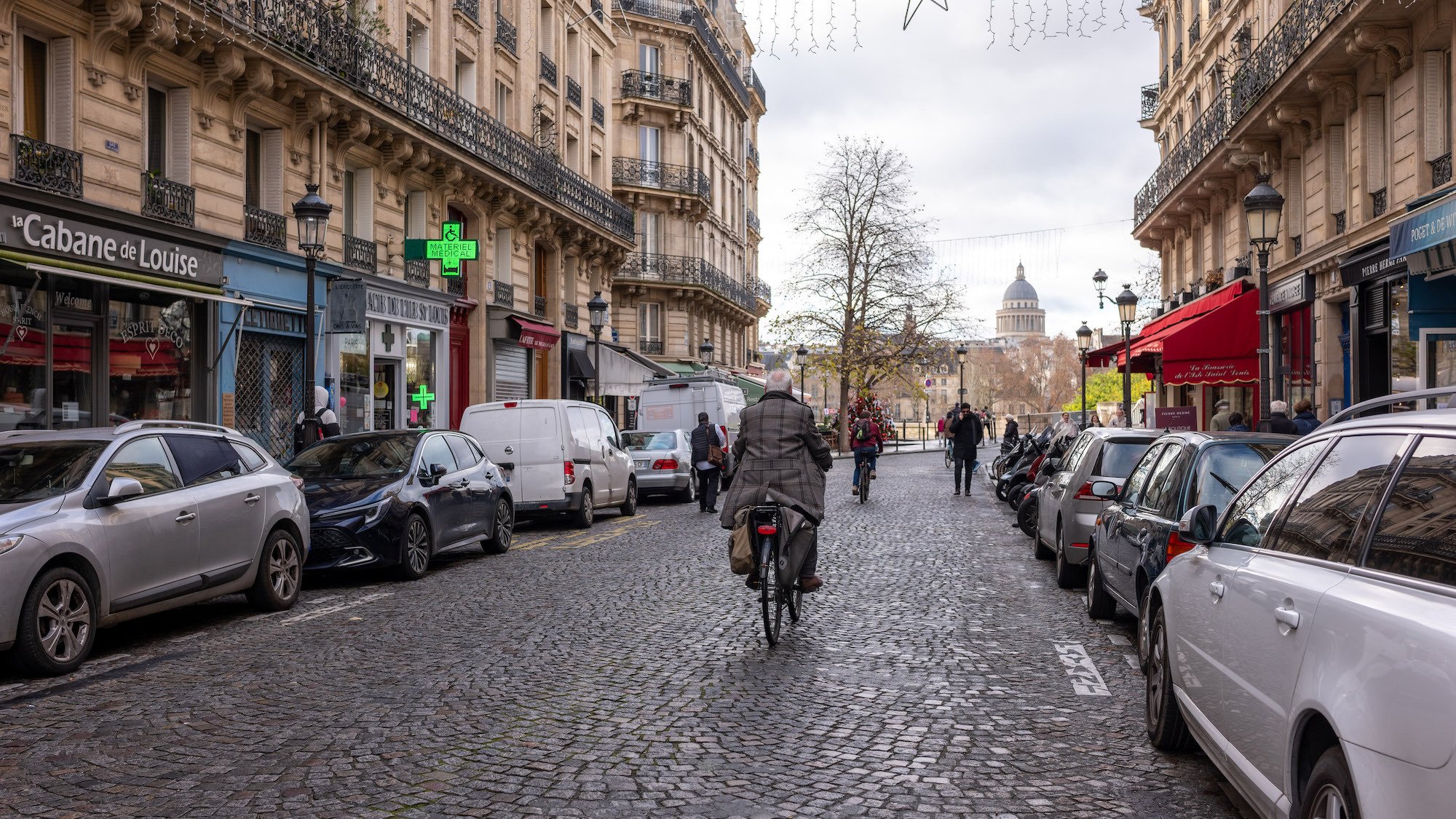Parisians often tend to think that transportation in Paris is a nightmare. There are far too many people on bikes, transport strikes or works happening nearly all the time, too many cars, pedestrians not always being respected; in short, it's a bit of a war. However, it seems that, in a completely objective manner, we actually do pretty well compared to other countries around the globe. This is at least the conclusion drawn by a new study within the framework of the Urban Mobility Readiness Index, which focuses on how major cities are preparing for the mobility of tomorrow.
A ranking of global scope
To carry out this ranking, various experts looked into the innovations and projects undertaken by the 70 largest cities on the planet, based on 71 pre-established criteria.
, classified into 3 main categories: sustainable mobility, public transport, and "technology adoption". And it seems that the billion-dollar projects initiated by Anne Hidalgo, Mayor of Paris, and Valérie Pécresse, President of ’Île-de-France Mobilité, have yielded positive results!Paris, c’est + de 1.000 km de pistes cyclables. Avec le plan de circulation vélo prévu pour le déconfinement, nous créons progressivement 50km supplémentaires : rue de Rivoli, boulevard Saint-Michel, rue Saint-Jacques, rue de la Cité ou encore tunnel de l’Etoile. cc @C_Najdovski pic.twitter.com/uzWq2iLIHD
— Anne Hidalgo (@Anne_Hidalgo) May 13, 2020
Indeed, according to the rankings revealed this Tuesday, December 10, the City of Light has managed to gain no less than 6 ranks compared to last year, moving up from 8th to 2nd place. The capital now finds itself just behind San Francisco in California, which takes the 1st position for the year 2024. This is a notable success, attributed to various factors.
A fruitful investment
First of all, the index authors wanted to commend the measures taken by the elected officials of Paris to promote soft mobility. "The city has become one of the most welcoming for active mobility thanks to its investments.
It is important for infrastructures dedicated to walking and cycling ». With 180 km of bike paths and pedestrian plans popping up everywhere, it just goes to show that it’s paying off.Si vous vous rendez au Stade de France prenez la ligne 14 !
— Valérie Pécresse (@vpecresse) July 24, 2024
Grâce au nouveau pont qui relie la gare de Saint-Denis-Pleyel au Stade, il est à moins de 20 minutes à pied.
Maintenant place aux Jeux et bon premier match à l’équipe de France de #rugby ! 🏉🇫🇷 #FRAUSA #Paris2024 pic.twitter.com/WkJCa9WWBg
The innovations and especially the new technologies developed in the metro have also been highlighted. Notably, the investment of over 500 million euros made by IDFM to enable the extension of line 14 to Stade de France, including unrestricted access for people with reduced mobility. This development leads to better reception and management of tourists, and promotes greater inclusivity.
Finally, the reduction of the ring road speed limit to 50 km/h, which has been a hot topic in Paris, is also among the initiatives showcased. This measure has not only slowed down vehicle speeds, but has also helped to reduce light pollution, too.
nore and atmospheric. However, it's worth noting that according to experts, noise pollution remains the main point to improve, just like the development of the use of electric vehicles. But hey, this second place is still a wonderful reward, and we’re aiming for the top spot next year!